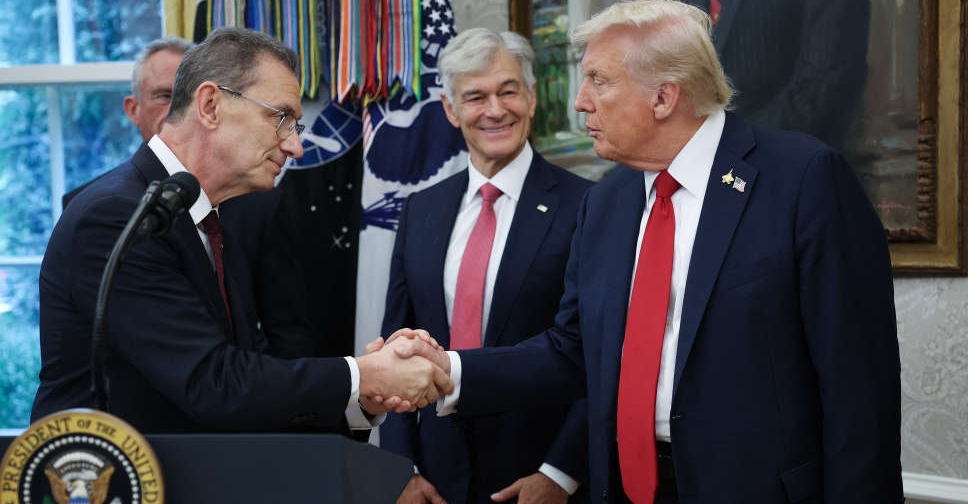
Pfizer and US President Donald Trump on Tuesday said they had cut a deal in which the US-based drugmaker agreed to lower prescription drug prices in the Medicaid program to what it charges in other developed countries in exchange for tariff relief.
Trump also said Pfizer would offer that most-favored-nation pricing on all new drugs launched in the US, and flagged that other drugmakers will follow suit.
Shares of Pfizer rose more than 6 per cent, and the news lifted Eli Lilly, Merck, Amgen, AbbVie and GSK shares as well on investor relief that they would escape the worst of tariffs.
US patients currently pay by far the most for prescription medicines, often nearly three times more than in other developed nations, and Trump has been pressuring drugmakers to lower their prices to what patients pay elsewhere.
TRUMPRX TO LAUNCH IN 2026
Pfizer will be part of the White House's new direct-to-consumer website for Americans to buy drugs, called TrumpRx, that will launch in 2026.
"The United States is done subsidizing the healthcare of the rest of the world," Trump said, speaking at an event in the Oval Office accompanied by Pfizer CEO Albert Bourla, Health Secretary Robert F. Kennedy Jr. and others.
Several drugmakers have already set up direct-to-consumer pricing for some of their drugs, to be listed on a new website from the US lobby group PhRMA, and raised the prices of their therapies in Britain in line with Trump's desire to offset price decreases in the US.
On September 25, Trump announced he would impose a 100 per cent tariff on imports of branded or patented pharmaceutical products from October 1, unless a drugmaker is building a manufacturing plant in the US.
PFIZER DEAL INCLUDES 3-YEAR GRACE PERIOD
Pfizer is the first drugmaker to announce a deal. Trump sent letters to 17 leading drug companies in July telling them to slash prices to match those paid overseas. He asked them to respond with binding commitments by September 29.
Sources at five large drugmakers told Reuters the Trump-Pfizer announcement caught their companies by surprise and that they watched the White House press conference to gauge its implications.
Pfizer will invest $70 billion in research and development and domestic manufacturing and received a three-year grace period during which its products will not be subject to the pharmaceutical-targeted tariffs, "as long as, of course, we move the products here," Bourla said.
Pfizer said a large majority of its primary care treatments and some select specialty brands will be offered at savings that will range as high as 85 per cent and on average 50 per cent. According to a poster on display at the event, those will include rheumatoid arthritis drug Xeljanz, which carries a list price of over $6,000 a month, migraine treatment Zavzpret, dermatitis drug Eucrisa and post-menopausal osteoporosis medication Duavee.
Drugmakers' shares rose because the price concessions are limited to Medicaid, said Daniel Barasa, portfolio manager at investment firm Gabelli Funds.
Barasa said the deal was "a highly favorable outcome for the industry. Given that Medicaid already benefits from substantial discounts and rebates - exceeding 80 per cent in certain cases - the incremental impact on manufacturers is relatively minimal."
LAUNCHING NEXT YEAR
New Medicaid prices are also set to launch in 2026, a senior administration official said on a media call. The most-favored-nation pricing is based on the lowest price paid in eight other wealthy countries after fees and rebates.
More than 70 million people are covered by Medicaid, the state and federal government program for low-income people. But drug spending in the program is dwarfed by that of its sister program Medicare, which covers people aged 65 and older or who have disabilities and is not included in Tuesday's announcement.
Medicare's drug spending reached $216 billion in 2021, while Medicaid's gross spending was around $80 billion.
Anna Kaltenboeck, a health economist at Verdant Research, said that if Pfizer and other companies provide supplemental rebates to Medicaid, that could be significant, as it would support states struggling with the cost of specialty drugs.
Medicaid spends less on drugs than other payers, however, so the impact would be less dramatic than if the reductions applied to Medicare, she said.

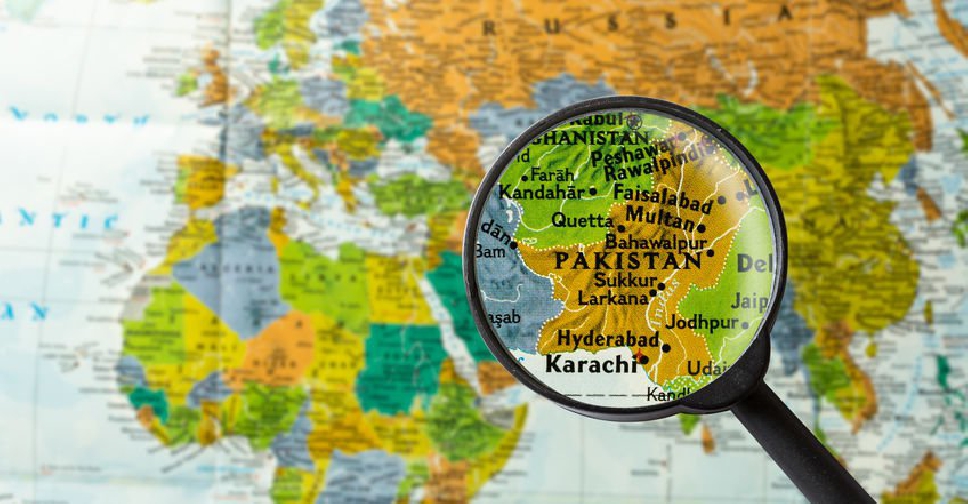 World Bank approves $700 million for Pakistan's economic stability
World Bank approves $700 million for Pakistan's economic stability
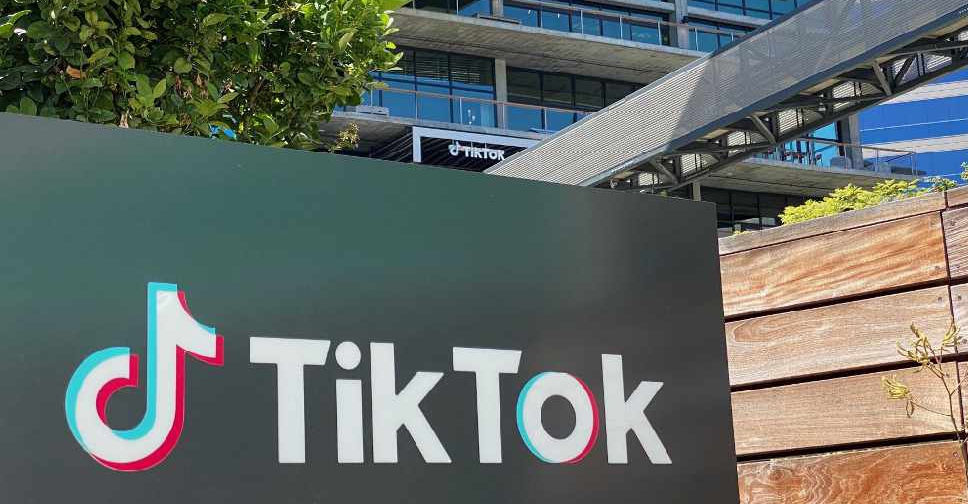 China's ByteDance signs deal to form joint venture to operate TikTok US app
China's ByteDance signs deal to form joint venture to operate TikTok US app
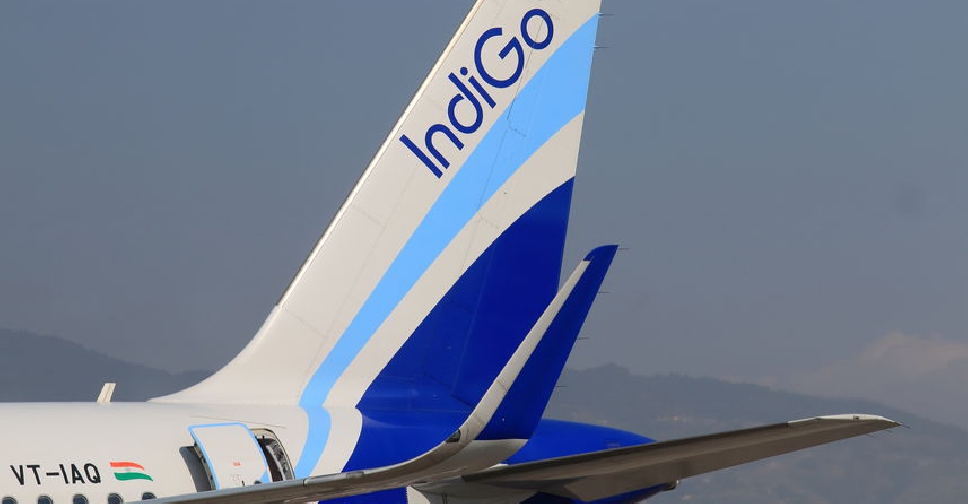 India reviewing allegations of antitrust breaches by IndiGo
India reviewing allegations of antitrust breaches by IndiGo
 DXB and DWC boost winter schedules with new routes
DXB and DWC boost winter schedules with new routes
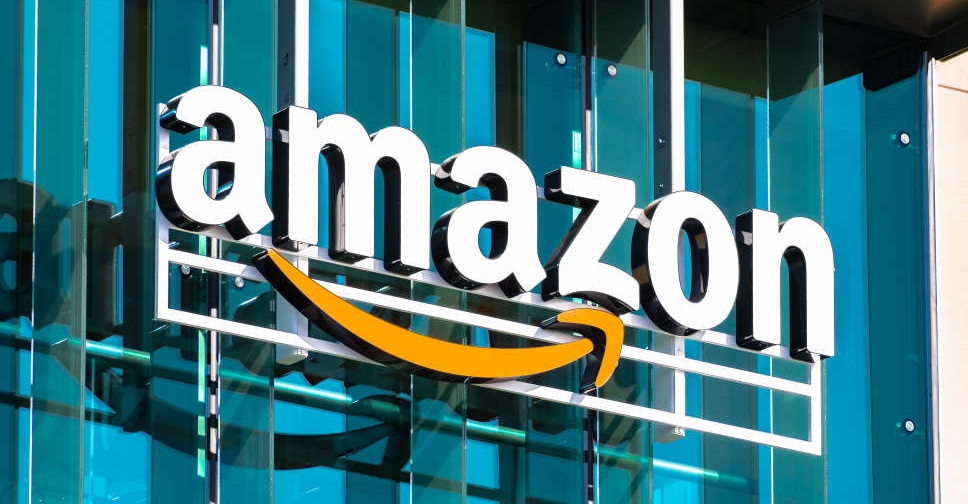 Amazon in talks to invest in OpenAI
Amazon in talks to invest in OpenAI




